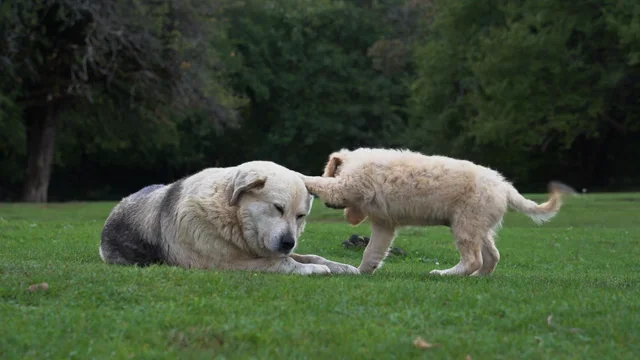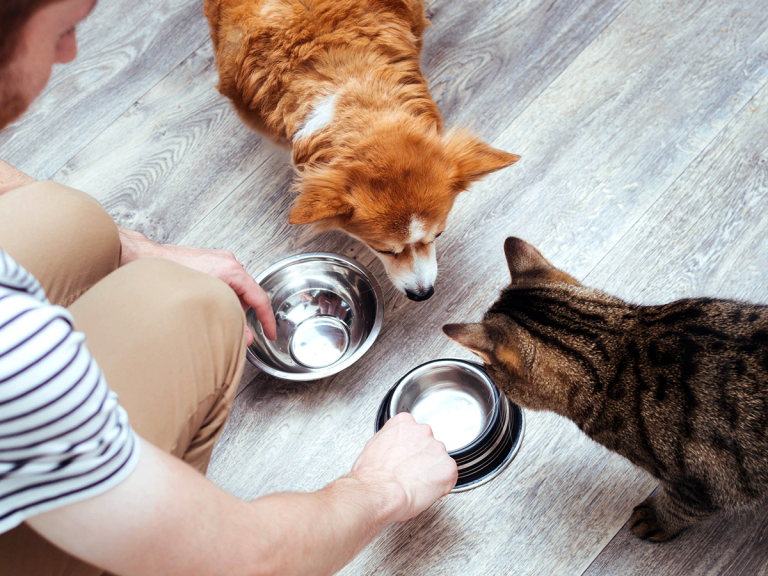Owning a dog is a big responsibility. Get a dog because you believe you are a responsible owner, not because you think they are cute. Failing to provide their needs which include proper training and exercise can cause dogs to develop behavior problems.
Here are some of them:
Barking
Barking is completely normal. It’s a dog’s way to communicate. They bark when they are excited or give warning to owners about potential threats. But when they bark at everything, it can be annoying. Work-from-home is the new normal, and you don’t want your dog barking in the background during meetings.
One thing you can do to address this behavior is by using a whistle. Get their attention, then tell them to sit quietly, and reward calm behavior. Do this consistently until your dog learns to behave properly. Enrolling your dog in canine obedience training is a good idea, too. In this program, they get a comprehensive education about proper behavior and socialization.
Chewing
A puppy who is teething will have the tendency to chew on different things to relieve pain. It’s also their way to explore the world. Giving them chew toys usually solves the problem. But realizing that your dog has already chewed up your shoes, sofas, and slippers, can be frustrating.
Shouting isn’t a good approach, rather try to find the cause of the behavior. This commonly stems from boredom, stress, and anxiety. Ensure that your dog is getting enough exercise. Take them out for a walk for at least an hour every day. This is essential, not optional.
Digging
Dogs who are not neutered will have the urge to find potential partners, causing them to dig in the backyard. Hunting dogs such as Foxhound, terrier, bloodhound, and Golden Retriever are also prone to this unwanted behavior. One of the ways around is putting up a sandbox in the backyard, then teach them that they can dig only in that area.
Biting
Excessive biting can be a sign of future aggression, so it’s important to address the problem before it escalates. Let your puppy know that the behavior is unacceptable by walking away or breaking up the play. This works better than reprimanding them. Giving them affection is also a big no when they bite, as that only encourages bad behavior.
Jumping
There’s nothing better than your dog greeting you with kisses and jumps when you arrive home. It simply means that they are glad to see you after a long wait. But dogs jumping for no reason can be dangerous. You don’t want an 80-pound dog jumping on you, do you? Stay in charge as a pack leader by practicing the no talk no eye contact when you get back home. When your dog calms down, that’s the only time you give them affection.
Pulling on the leash
A dog pulls on the leash when they are excited, anxious, or have pent-up energy. And it’s no fun to play tug of war with your dog on the street. This can also scare off people. The first thing you can do is to invest in a comfortable collar. A harness is recommended for dogs pulling on the leash as it trains them to walk properly. Stopping when your dog starts pulling also helps your dog realize that they are not going anyway with that kind of behavior. You need to be consistent with your training for at least 2 months.
Food aggression
This develops due to dominance or limited resources. When there’s not enough food, dogs learn to compete with others. It can be dangerous as dogs have the tendency to bite when you get anywhere near them, out of fear that you will steal their food. Help your dog realize you are not a threat by handing them a treat while they are eating, then walk away. Do this until the food aggression is fixed.
Begging
This may seem like a cute behavior, particularly when you see that look in their eyes. But begging can lead to obesity, so it is bad for dogs. As a pack leader, be consistent with your commands. When you say no, don’t give in. Eat first before your dog. This helps them understand their position in the pack.
Improper elimination
This is common in puppies undergoing training, but not in adult dogs. It can be a sign of territorial marking, lack of proper housebreaking, and anxiety. If your dog continues to pee or poop in inappropriate places despite your effort, consider getting a dog behavior modification to get rid of the ingrained habit.
Remember that there is no easy fix with dog behavior problems. You need patience and understanding to get your dog to respond positively.







